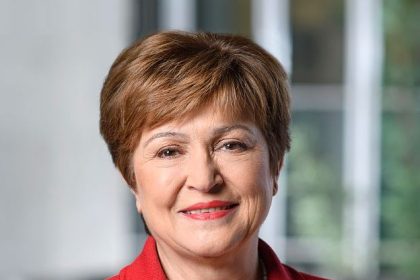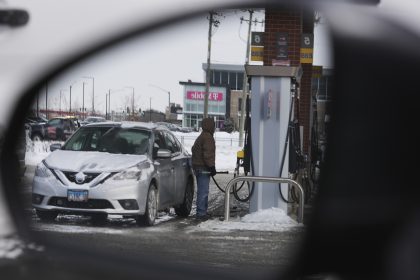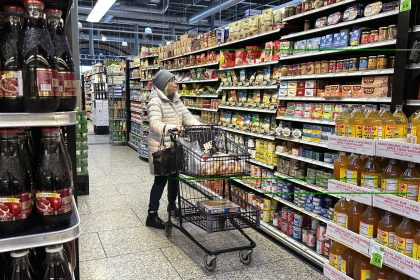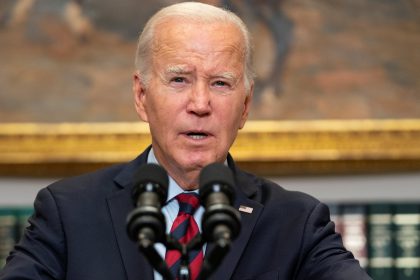Global Economy to See Multi-Speed Recovery
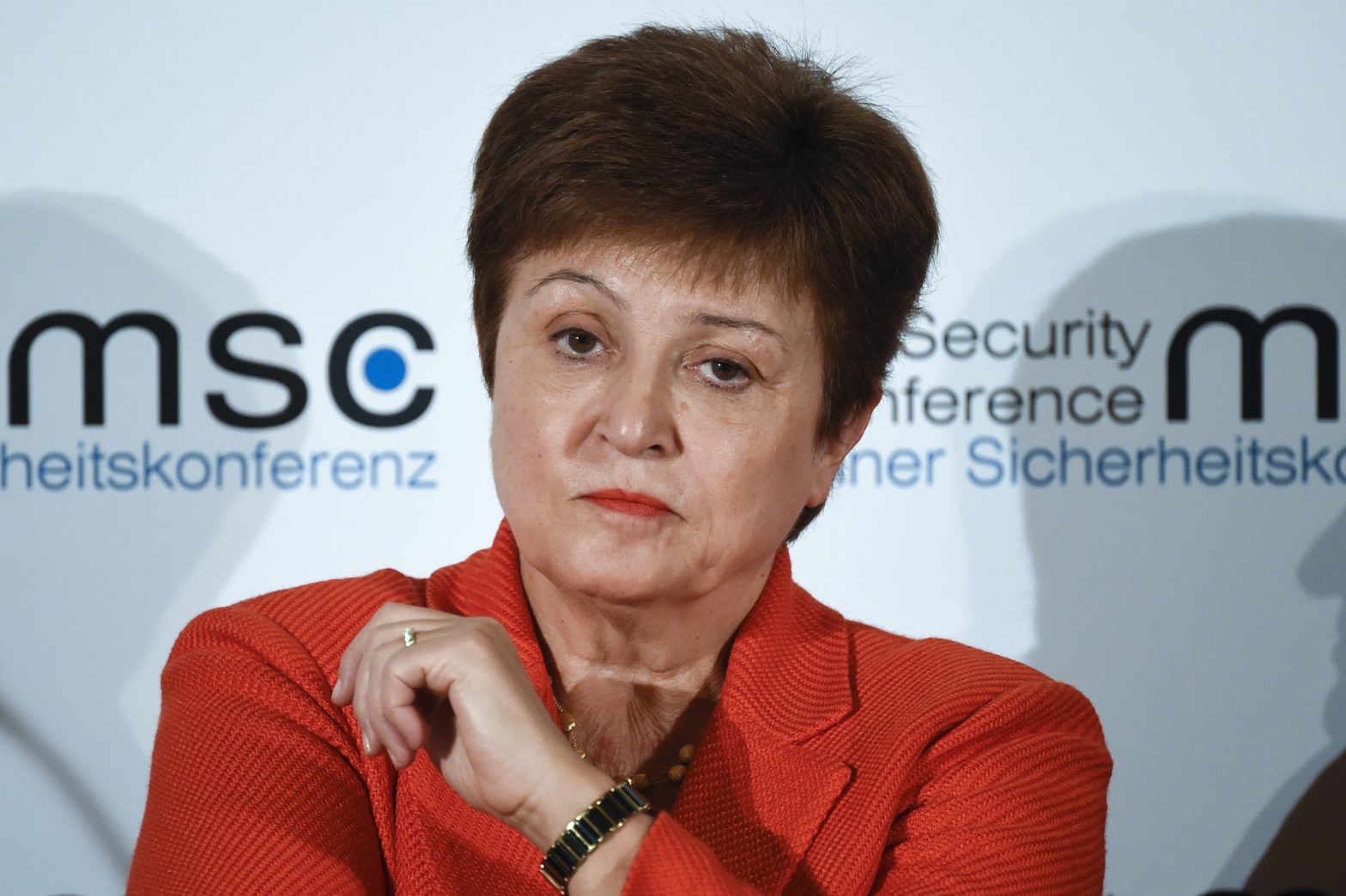
The pandemic has caused profound and long-lasting changes to the global economy. However, the world also has a narrow window to avoid throwing lots of people into more uncertainty, insecurity, and poverty, said an executive from the International Monetary Fund this week.
The picture of the global recovery that is emerging is a complicated one with what economists call a multi-speed recovery, IMF Managing Director Kristalina Georgieva said in a discussion on Tuesday about the economic outlook for the post-pandemic world.
The overall picture has improved significantly, and the IMF has updated its predictions in light of recent events. The hit taken by the global economy last year would have been three times as bad without the exceptional coordinated measures taken by governments around the world, including about $16 trillion in loans by central banks, Georgieva said.
The multi-speed recovery aspect to this means that rich countries are recovering at a quicker pace than poor countries, creating a “dangerous convergence” of factors that threatens to push the economy to new levels of inequality.
Rich countries that can issue debt freely have found a path through the crisis. And places like the United States, China, and the European Union are poised to be ahead of their pre-crisis GDP levels by the end of 2021, Georgieva argued.
The ability to issue debt, or to sell promissory notes to investors in the market, allows governments to access money it can use however it wants. The other major method of securing financing is bank loans which can be more restrictive about how that money can be used. Governments often issue debt to pay for infrastructure or social projects.
In the U.S., coordinated policies such as the most recent $1.9 trillion economic stimulus package deserve some of the credit for these brighter economic predictions. The IMF says that the U.S.’s latest stimulus package will add 5-6% growth in the US over the next three years and will have positive spillover effects for the rest of the world while avoiding inflation, Georgieva argues.
In contrast to rich countries, emerging economies that cannot issue debt freely are looking at a different picture of recovery. These countries have little access to vaccines, very little ability to finance recovery, and high levels of debt. Consequently, Georgieva warns, the global gains in poverty reduction of the last few decades may be thrown back, and these countries will fall further behind the rest of the world.
The answer, she says, is to ramp up global vaccine production and distribution, assist these countries in managing debt, and help them invest in measures that will allow them to embrace the profound changes COVID-19 has forced on the global economy.
Of chief interest are the move to digitalization, green infrastructure, and private-public partnerships that contribute to higher standards of living and more dynamic societies.
The pandemic has forced commerce and work online, she said, a trend that will not fade away. The IMF also says that a coordinated push for green infrastructure, together with carbon pricing, could actually lead to net economic growth and millions of new jobs.
The IMF believes that now is the time for green infrastructure investments and investments in human capital, she said.
There’s also a need for mechanisms to accelerate vaccinations in poor countries and to redistribute vaccines from surplus countries to deficit ones, she commented.
“This could have been another Great Depression,” Georgieva said.
Instead, it represents a vanishing opportunity, a “turning point,” in making a sustainable global economy where people get a “fair shot,” she said.
A recording of the event, which was part of the Center on Foreign Relations C. Peter McColough Series on International Economics, can be viewed here. It occurred in anticipation of the annual IMF and World Bank Spring Meetings next week.

















